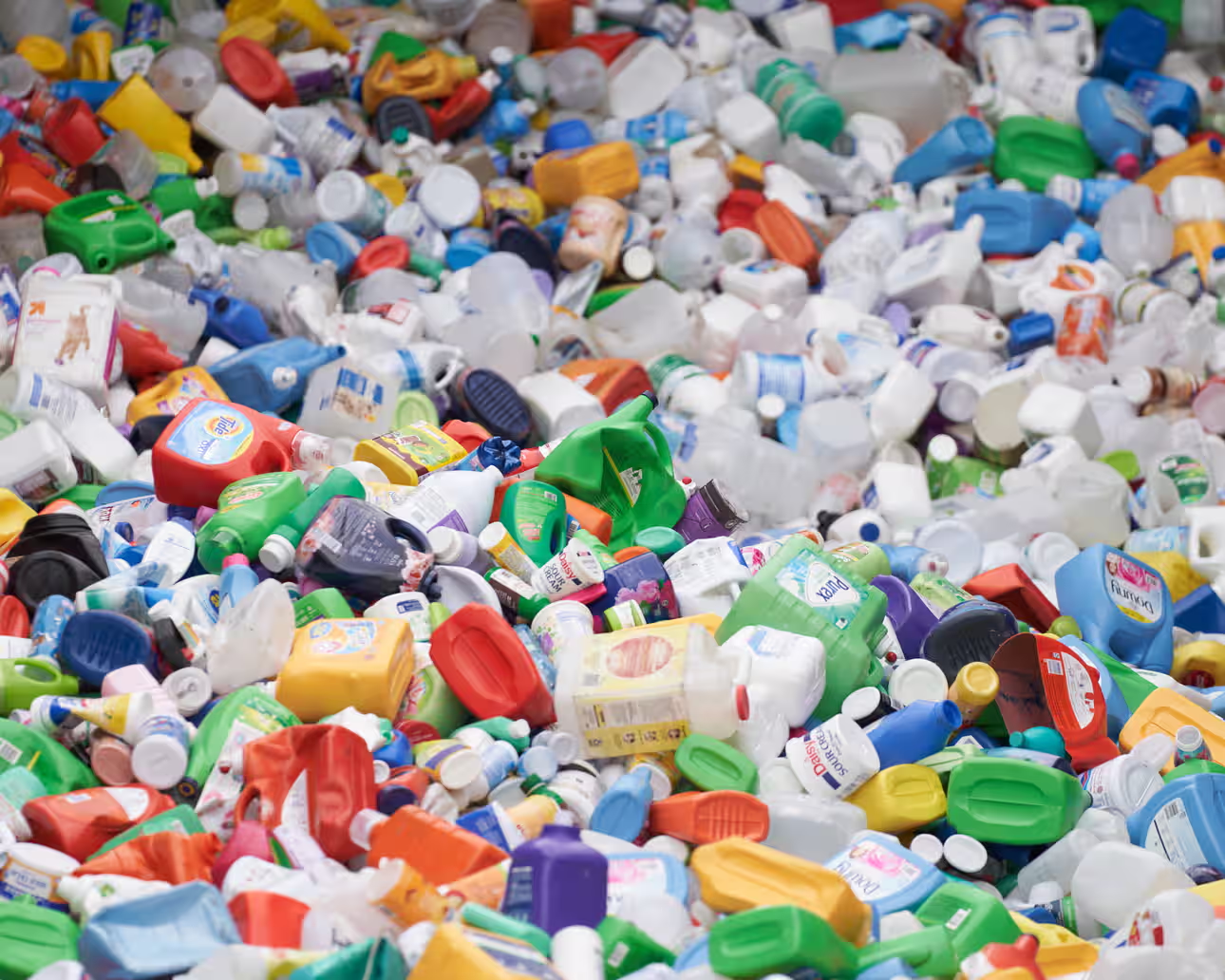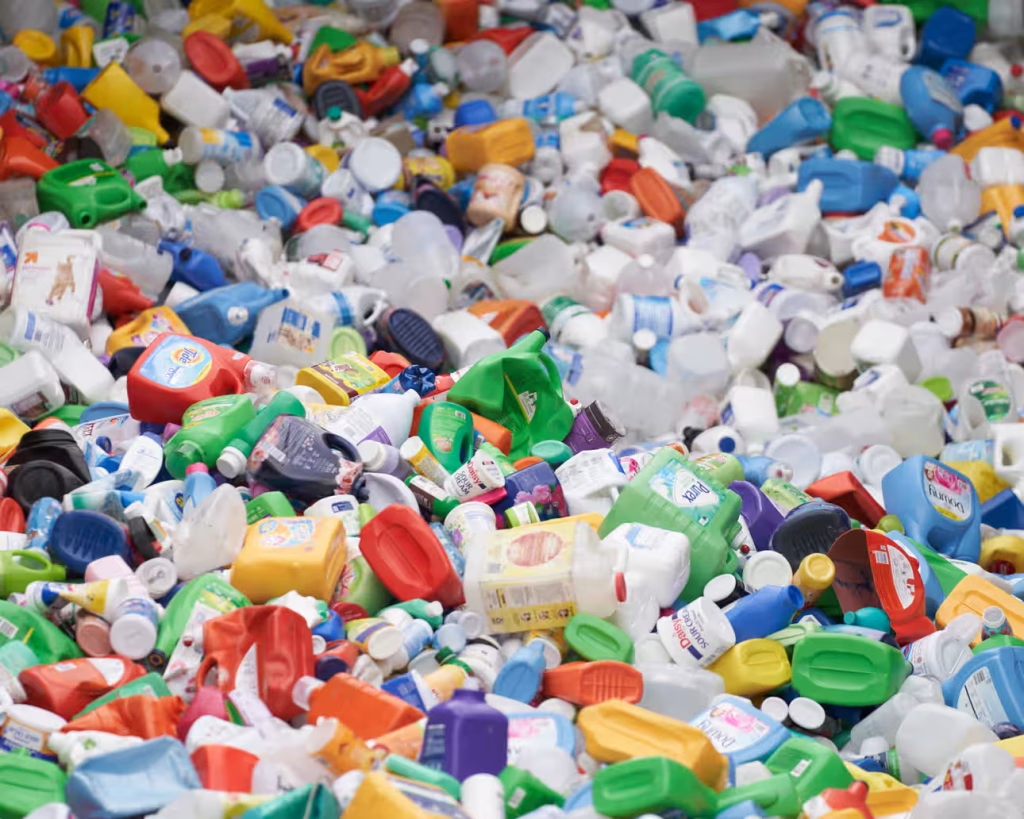
Source: Nicola Davis

In a groundbreaking scientific advancement, researchers have discovered that bacteria can convert plastic waste into paracetamol, offering a more sustainable method for producing one of the world’s most commonly used painkillers.
The study, published in Nature Chemistry, was led by Professor Stephen Wallace from the University of Edinburgh. It details how E. coli bacteria were genetically engineered to transform a plastic-derived material into paracetamol (acetaminophen).
“People don’t realise that paracetamol currently comes from oil,” Wallace explained. “What this technology shows is that by merging chemistry and biology in this way for the first time, we can make paracetamol more sustainably and clean up plastic waste from the environment at the same time.”
The process begins with polyethylene terephthalate (PET), the common plastic used in food packaging and bottles. Using sustainable chemical methods, researchers converted PET into a new material. When incubated with a harmless strain of E. coli, the plastic-based material was turned into PABA (para-aminobenzoic acid) — a key compound that can be further converted into paracetamol.
A previously unseen process known as a Lossen rearrangement occurred inside the bacteria, facilitated not by harsh chemicals but by the phosphate naturally found in E. coli cells. This marked the first time such a chemical transformation occurred naturally and compatibly with living cells.
To take the process further, scientists genetically modified the E. coli, inserting two additional genes — one from mushrooms and one from soil bacteria — enabling the bacteria to convert PABA into paracetamol.
The result? The engineered bacteria were able to produce paracetamol from PET-derived material in under 24 hours, with up to 92% yield and low emissions.
This innovation represents a significant step toward green pharmaceutical manufacturing. While commercial-scale production still requires further development, the ability to turn plastic waste into a life-saving drug is both environmentally and medically promising.
“It enables, for the first time, a pathway from plastic waste to paracetamol, which is not possible using biology alone, and it’s not possible using chemistry alone,” Wallace said.